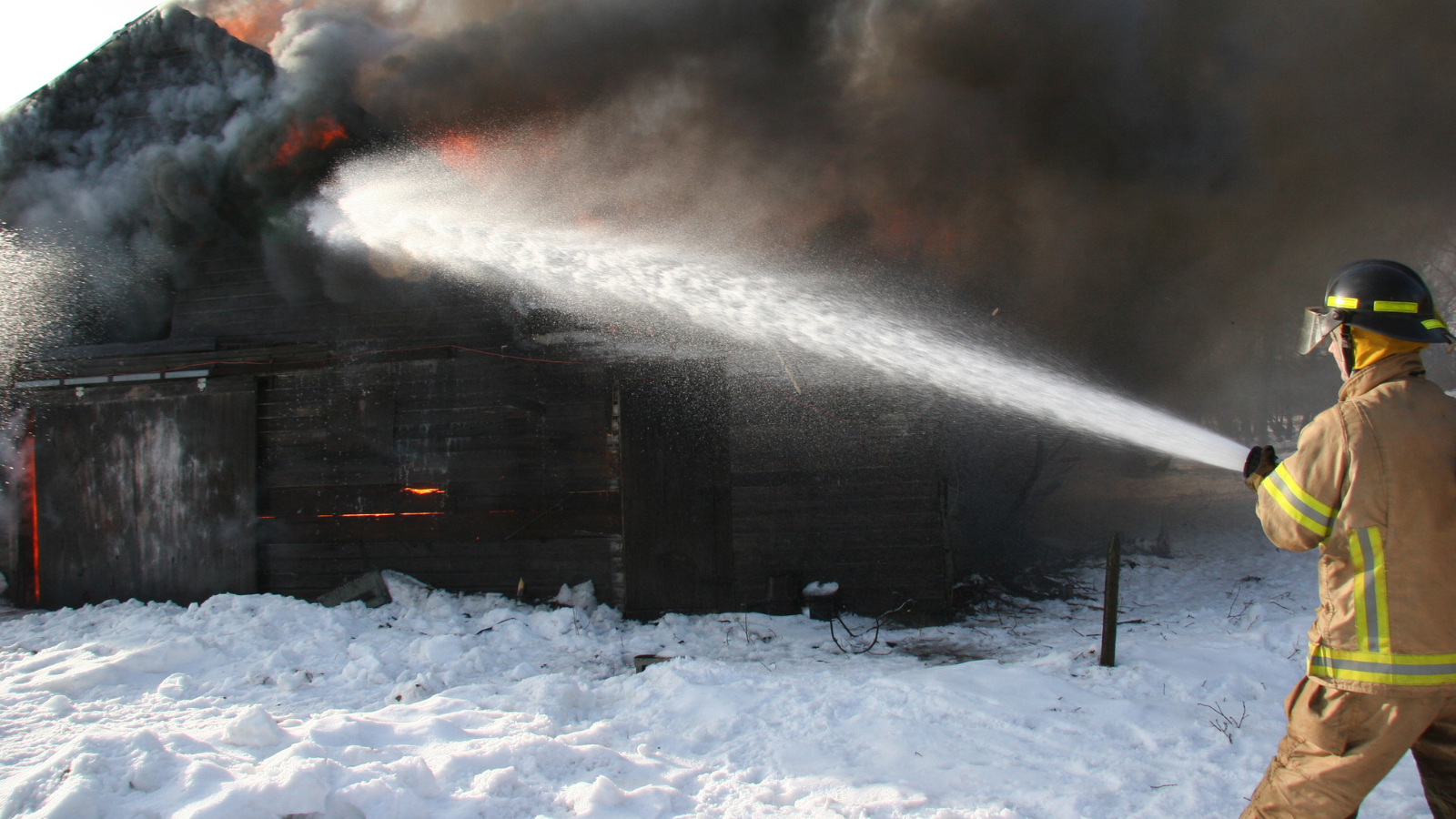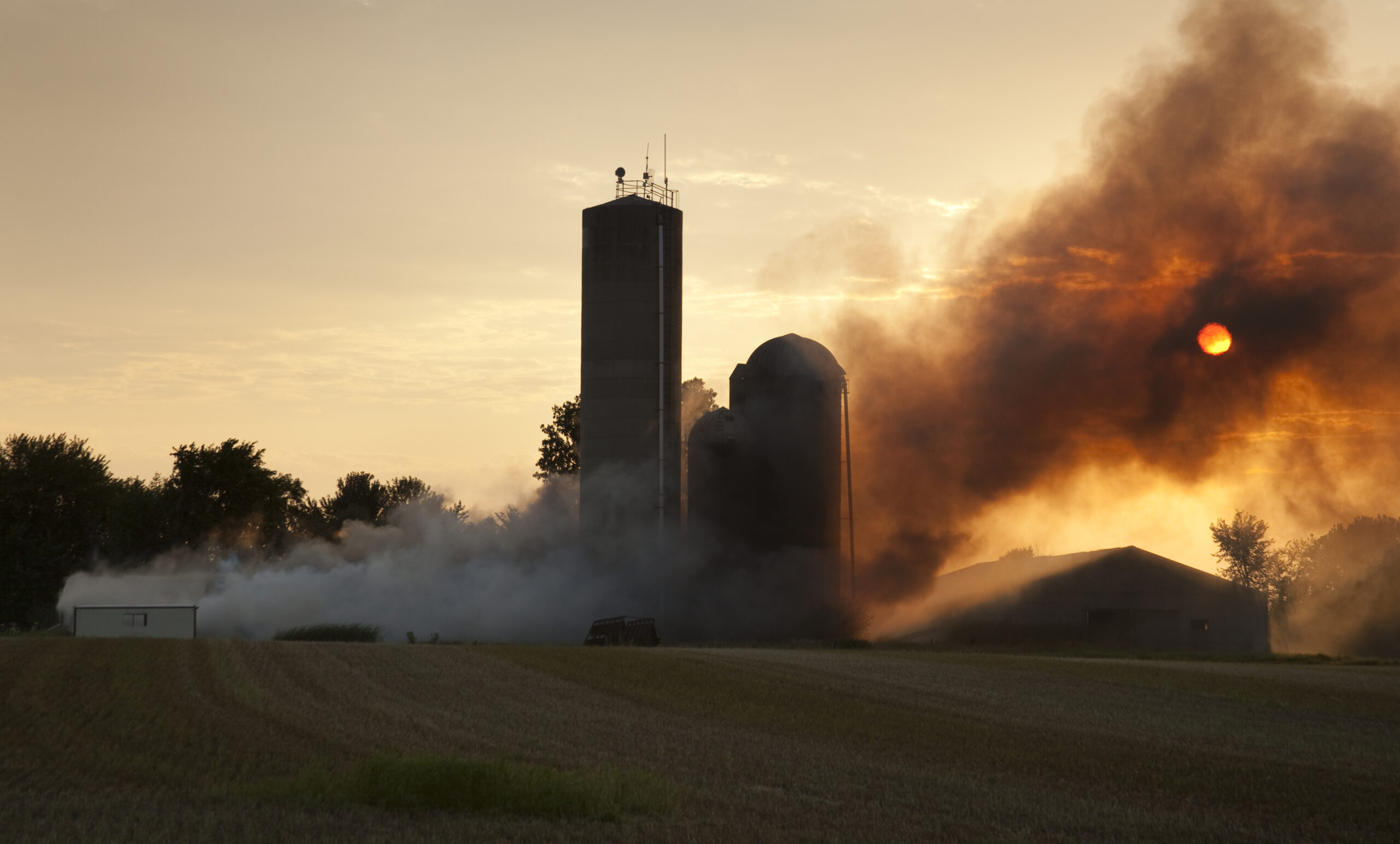Is Oil Heating Safe?
Keeping your family safe is a top priority. So, is oil heating a safe option? Yes, it is. Heating oil is nonexplosive and can extinguish a lit match as quickly as water. It contains no cancer-causing agents, making it safe to store at home. However, long-term exposure to heating oil fumes from leaks can harm the liver, kidneys, and senses. While oil itself does not burn in liquid form, it can ignite if heated above 140°F. Modern oil storage tanks are now made from fiberglass and polypropylene, which are corrosion-resistant for added safety. Like all fuel-burning appliances, oil heating poses a carbon monoxide risk, so proper maintenance is essential.
Gas vs. Oil Heating: Key Differences
Gas heating is widely used, while oil heating is growing in popularity. Both have important differences to consider.
- Storage: Propane and other gases are stored in specialized tanks to keep them safely contained. Oil is stored in corrosion-resistant containers designed to prevent leaks.
- Safety: Both tanks must be protected from physical damage and installed by professionals. A damaged gas tank is explosive, while an oil spill can cause environmental harm.
Choosing the Right Oil Storage Tank
The best options for heating oil storage are fiberglass and polypropylene. If purchasing a new tank, consult a licensed oil contractor for by-laws and codes. For metal tanks, the minimum requirement is a 12-gauge double-wall design.
How Effective is Oil-Based Heating?
Oil-based heating systems are more powerful and efficient than most of the top heating alternatives. This is because heating oil for homes burns an average of 300 degrees hotter than most common gas systems. One gallon of oil has a BTU energy level of 120,000, whereas natural gas has a BTU level of only 20,160 per gallon.
How Do I Learn More?
To learn more about Oil-Based Heating, contact the experts at Duliban Insurance at 1-855-385-4226. Their licensed professionals will be happy to answer any questions you may have.





